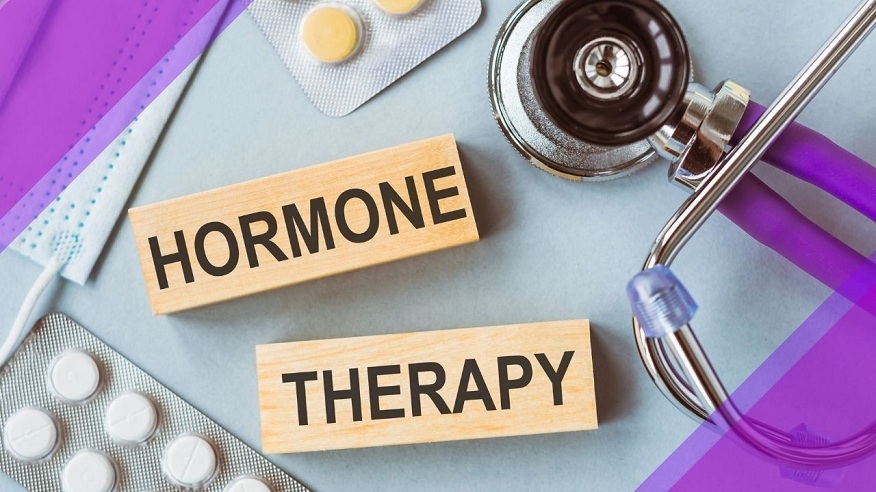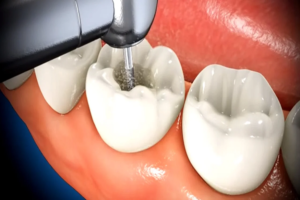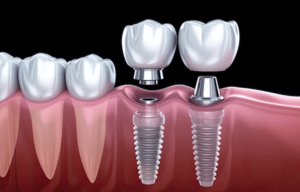10 Surprising Benefits of Hormone Therapy for Women
3 min read
Hormone treatment (HT) helps women manage symptoms associated with hormonal abnormalities, particularly those that emerge after menopause. This treatment is significant because it has the potential to improve the quality of life for women who are dealing with a variety of physiological and psychological disorders.
These benefits highlight the significance of hormone therapy for women:
Reduction of Menopausal Symptoms: One of the critical motivations for women to select hormone therapy is the reduction of menopausal symptoms. Among these symptoms include mood swings, dry vagina, hot flashes, and night sweats. By helping to restore hormonal homeostasis, hormone therapy improves overall health and reduces the severity of these symptoms.
Bone Health: Hormone therapy can maintain bone health in postmenopausal women. Osteoporosis risk increases with declining estrogen levels during menopause because estrogen is necessary for preserving bone density. Hormone therapy lowers this risk by providing the body with the hormones it needs to maintain strong bones.
Cardiovascular System Protection:Estrogen helps to keep the cardiovascular system healthy. Hormone therapy may assist in maintaining cardiovascular health by reducing the risk of heart disease and improving lipid profiles. The complex relationship between hormone medication and heart health requires consideration of several individual factors.
Cognitive Function: Studies suggest that hormone therapy might improve cognitive performance. Because menopausal hormone changes might affect cognitive performance, the brain contains estrogen receptors. Hormone therapy may help protect cognitive function and reduce the likelihood of cognitive decline in some women.
Sexual Health in Men and Women: Hormone therapy can help with common menopausal symptoms such as dryness and shrinking of the vagina. By increasing estrogen levels, this therapy helps restore the health, suppleness, and lubrication of the vagina, making women’s sexual activity more pleasant.
Mood and Mental Health: As a result of changing hormone levels during menopause, mood swings and an increased risk of depression might occur. Hormone therapy may enhance mental health and mood while also fostering emotional wellbeingwellbeing by correcting hormonal imbalances.
Improved Sleep Quality: Hot flashes and night sweats are common causes of sleep disturbances for many menopausal women. Hormone therapy can reduce these symptoms, improving the quantity and quality of sleep.
Urinary and Pelvic Health: Hormone therapy can enhance urinary and pelvic health. Urine incontinence may be more likely in cases of urinary tract disorders caused by a decrease in estrogen levels. Hormone therapy can help maintain the elasticity and health of the tissues in the pelvis and urine.
Joint Health:Estrogen’s anti-inflammatory qualities may be beneficial for joint health. Hormone therapy can help postmenopausal women move more freely and function better overall by easing joint stiffness and pain.
Tailored Therapeutic Approach: No one hormone therapy approach is effective for everyone. Every woman’s experience with hormone therapy is different, depending on her symptoms, health history, and other variables. This tailored approach not only ensures that the benefits outweigh the risks but also tailors the treatment to the specific requirements of each lady.
Key Take a way
Hormone treatment (HT) is crucial for treating various health conditions and improving overall wellbeingwellbeing in women. Many women find that hormone therapy, particularly during menopause, significantly enhances their quality of life by lessening bothersome symptoms like mood swings, hot flashes, and insomnia. Along with its symptomatic benefits, HT has been shown to improve bone health, reduce the risk of osteoporosis, and improve cardiovascular health by maintaining normal cholesterol levels.







